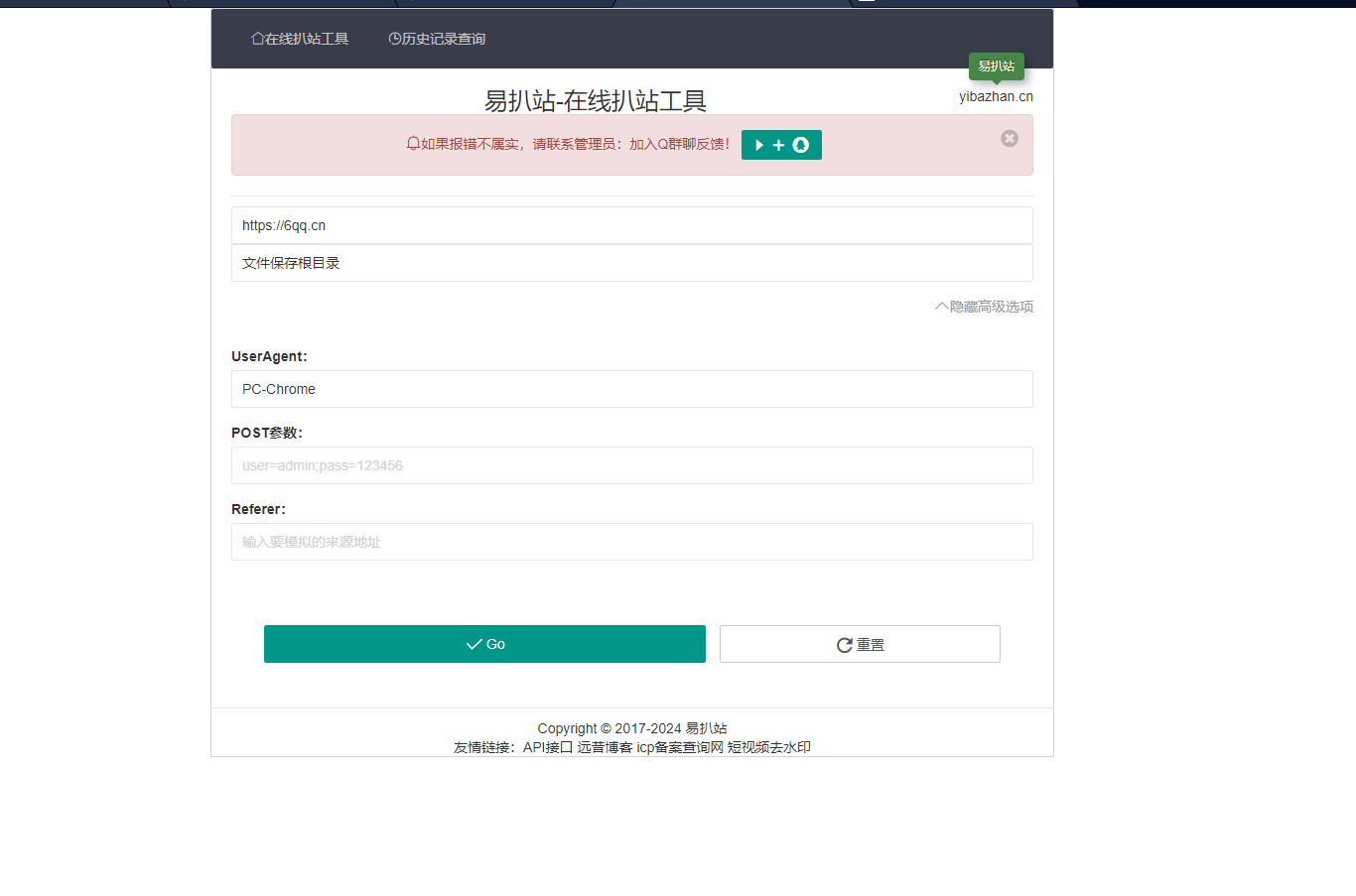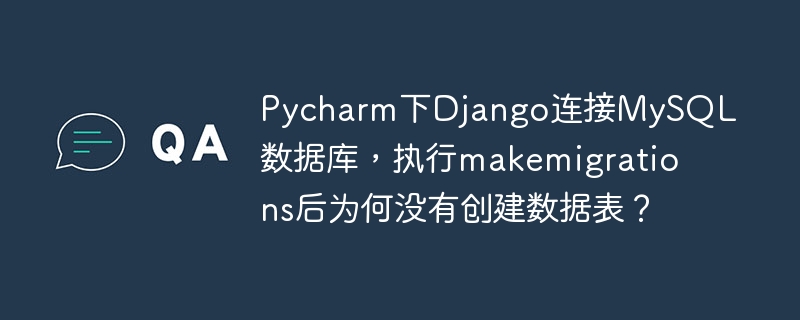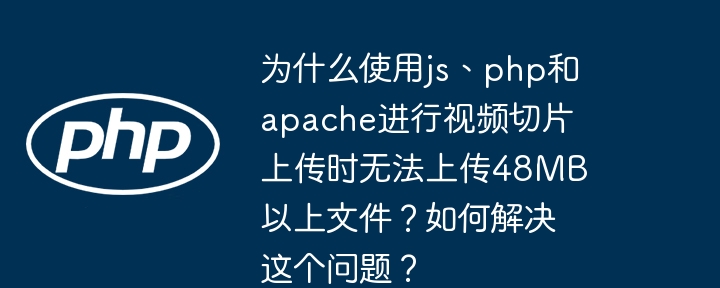ps文件的備份和恢復(fù)可以通過本地和云端兩種方法實現(xiàn)。1.本地備份:使用shutil.copy函數(shù)將文件復(fù)制到外部存儲設(shè)備。2.云端備份:使用google drive api將文件上傳到云端。3.本地恢復(fù):使用shutil.copy函數(shù)將備份文件復(fù)制回原始位置。4.云端恢復(fù):使用google drive api下載文件到指定位置。

引言
在數(shù)字時代,文件的備份和恢復(fù)是每個用戶都應(yīng)該掌握的基本技能。無論你是專業(yè)的IT人員,還是普通的電腦用戶,了解如何有效地備份和恢復(fù)文件可以幫助你避免數(shù)據(jù)丟失的風(fēng)險。本文將帶你深入了解PS(photoshop)文件的備份和恢復(fù)方法,不僅會介紹基本操作,還會分享一些實用的技巧和經(jīng)驗,幫助你更好地管理和保護(hù)你的創(chuàng)意作品。
基礎(chǔ)知識回顧
在開始之前,讓我們先回顧一下PS文件的基本概念。PS文件,即Photoshop文件,是一種保存圖像和圖層信息的文件格式。它們通常包含復(fù)雜的圖層、蒙版和效果,因此備份和恢復(fù)這些文件尤為重要。
PS文件的備份和恢復(fù)涉及到文件管理和數(shù)據(jù)保護(hù)的基本知識。文件管理包括文件的存儲、組織和備份,而數(shù)據(jù)保護(hù)則涉及到如何防止數(shù)據(jù)丟失和恢復(fù)丟失的數(shù)據(jù)。
核心概念或功能解析
PS文件備份的定義與作用
PS文件備份是指將PS文件復(fù)制到一個安全的位置,以防止原始文件丟失或損壞。備份的作用在于提供一個安全的副本,以便在需要時可以恢復(fù)到原始狀態(tài)。
備份PS文件不僅能保護(hù)你的創(chuàng)意作品,還能節(jié)省時間和精力,避免因文件丟失而重新制作的麻煩。
工作原理
PS文件備份的工作原理非常簡單:你只需將PS文件復(fù)制到一個不同的存儲設(shè)備或云端存儲服務(wù)中。常見的備份方法包括:
- 本地備份:將文件復(fù)制到外部硬盤、USB驅(qū)動器或其他本地存儲設(shè)備。
- 云端備份:使用云存儲服務(wù)(如Google Drive、Dropbox等)來存儲文件的副本。
import shutil import os # 本地備份示例 def local_backup(source_file, destination_folder): if not os.path.exists(destination_folder): os.makedirs(destination_folder) shutil.copy(source_file, destination_folder) # 使用示例 source_file = 'path/to/your/psd/file.psd' destination_folder = 'path/to/backup/folder' local_backup(source_file, destination_folder)
import os from googleapiclient.discovery import build from googleapiclient.http import MediaFileUpload # 云端備份示例(Google Drive) def google_drive_backup(file_path, file_name): # 假設(shè)你已經(jīng)設(shè)置了Google Drive API service = build('drive', 'v3') file_metadata = {'name': file_name} media = MediaFileUpload(file_path, resumable=True) file = service.files().create(body=file_metadata, media_body=media, fields='id').execute() print(f'File ID: {file.get("id")}') # 使用示例 file_path = 'path/to/your/psd/file.psd' file_name = 'backup_file.psd' google_drive_backup(file_path, file_name)
PS文件恢復(fù)的定義與作用
PS文件恢復(fù)是指在文件丟失或損壞后,通過備份文件恢復(fù)到原始狀態(tài)的過程。恢復(fù)的作用在于幫助你重新獲得丟失的文件,繼續(xù)你的工作。
工作原理
PS文件恢復(fù)的工作原理同樣簡單:你只需從備份位置(本地或云端)復(fù)制文件到原始位置即可。恢復(fù)過程可能涉及到文件的重命名或替換,具體取決于你的需求。
import shutil # 本地恢復(fù)示例 def local_restore(backup_file, destination_folder): shutil.copy(backup_file, destination_folder) # 使用示例 backup_file = 'path/to/backup/folder/file.psd' destination_folder = 'path/to/original/folder' local_restore(backup_file, destination_folder)
import os from googleapiclient.discovery import build # 云端恢復(fù)示例(Google Drive) def google_drive_restore(file_id, destination_path): # 假設(shè)你已經(jīng)設(shè)置了Google Drive API service = build('drive', 'v3') request = service.files().get_media(fileId=file_id) fh = io.FileIO(destination_path, 'wb') downloader = MediaioBaseDownload(fh, request) done = False while done is False: status, done = downloader.next_chunk() print(f'Download {int(status.progress() * 100)}%') # 使用示例 file_id = 'your_file_id' destination_path = 'path/to/restore/file.psd' google_drive_restore(file_id, destination_path)
使用示例
基本用法
備份和恢復(fù)PS文件的基本用法非常簡單。以下是兩個基本示例:
- 本地備份:使用shutil.copy函數(shù)將PS文件復(fù)制到備份文件夾。
import shutil source_file = 'path/to/your/psd/file.psd' destination_folder = 'path/to/backup/folder' shutil.copy(source_file, destination_folder)
- 本地恢復(fù):使用shutil.copy函數(shù)將備份文件復(fù)制回原始位置。
import shutil backup_file = 'path/to/backup/folder/file.psd' destination_folder = 'path/to/original/folder' shutil.copy(backup_file, destination_folder)
高級用法
在實際操作中,你可能需要更復(fù)雜的備份和恢復(fù)策略。以下是一些高級用法的示例:
- 定期備份:使用python的schedule庫定期執(zhí)行備份任務(wù)。
import schedule import time import shutil def backup_task(): source_file = 'path/to/your/psd/file.psd' destination_folder = 'path/to/backup/folder' shutil.copy(source_file, destination_folder) schedule.every().day.at("00:00").do(backup_task) # 每天凌晨0點執(zhí)行備份 while True: schedule.run_pending() time.sleep(1)
- 版本控制:使用git來管理PS文件的版本控制,確保每次修改都有備份。
# 初始化Git倉庫 git init # 添加PS文件 git add path/to/your/psd/file.psd # 提交更改 git commit -m "Initial commit" # 定期推送到遠(yuǎn)程倉庫 git push origin master
常見錯誤與調(diào)試技巧
在備份和恢復(fù)PS文件的過程中,可能會遇到一些常見的問題和錯誤。以下是一些常見的錯誤及其解決方法:
- 文件路徑錯誤:確保文件路徑正確,避免因路徑錯誤導(dǎo)致備份或恢復(fù)失敗。
- 權(quán)限問題:確保你有足夠的權(quán)限訪問和操作文件,特別是在使用云端存儲服務(wù)時。
- 文件損壞:定期檢查備份文件的完整性,確保備份文件沒有損壞。
性能優(yōu)化與最佳實踐
在備份和恢復(fù)PS文件時,有一些性能優(yōu)化和最佳實踐可以幫助你更好地管理文件:
- 自動化備份:使用腳本或工具自動化備份過程,減少人為錯誤和遺漏。
- 多重備份:在多個位置(本地和云端)進(jìn)行備份,確保數(shù)據(jù)的安全性。
- 定期檢查:定期檢查備份文件的完整性,確保備份文件可用。
- 版本控制:使用版本控制系統(tǒng)(如Git)來管理PS文件的版本,方便追蹤和恢復(fù)歷史版本。
在實際應(yīng)用中,備份和恢復(fù)PS文件的性能差異可能會因文件大小、存儲設(shè)備和網(wǎng)絡(luò)速度而有所不同。以下是一個性能比較的示例:
import time import shutil def measure_backup_time(source_file, destination_folder): start_time = time.time() shutil.copy(source_file, destination_folder) end_time = time.time() return end_time - start_time # 使用示例 source_file = 'path/to/your/psd/file.psd' destination_folder = 'path/to/backup/folder' backup_time = measure_backup_time(source_file, destination_folder) print(f'Backup time: {backup_time} seconds')
通過這個示例,你可以看到備份一個PS文件所需的時間,并根據(jù)實際情況進(jìn)行優(yōu)化。
總之,備份和恢復(fù)PS文件是一項重要的技能,通過本文的介紹和示例,你應(yīng)該已經(jīng)掌握了基本的操作方法和一些高級技巧。希望這些知識能幫助你更好地保護(hù)和管理你的創(chuàng)意作品。

















.png)
